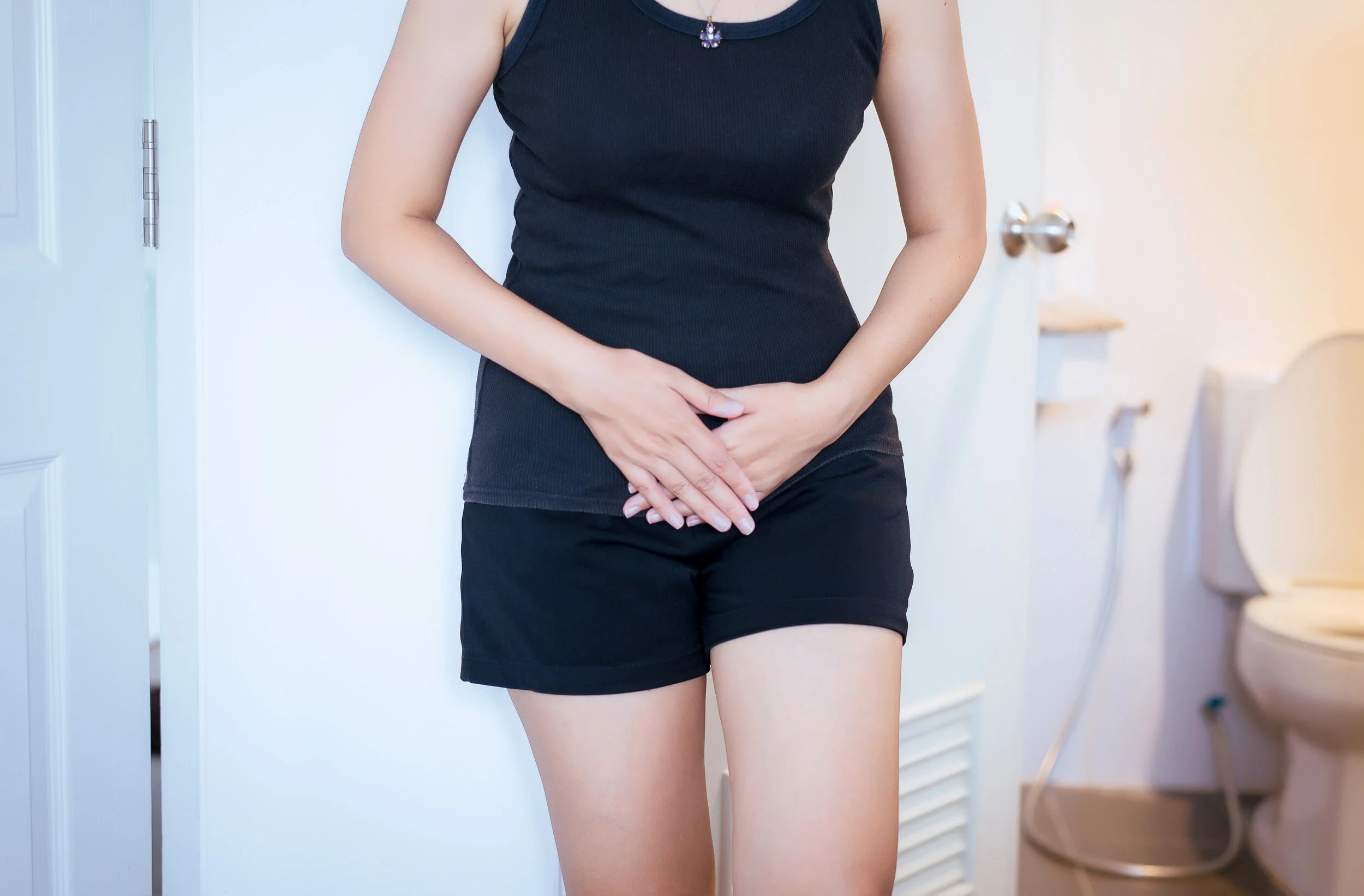Incontinence and Constipation
What is constipation?
Constipation is a symptom that means is a person has difficult in opening their bowels. Frequency of bowel motions are highly variable between individuals, but a person who opens their bowels fewer than 3 times per week may have constipation.
What are the causes of constipation?
Constipation affects around one in seven healthy people although it is more common in young women and the elderly – especially those who need to take regular medicines.
Constipation typically happens for one of three reasons:
The stool passes through the colon too slowly. The slower the food moves through the digestive tract, the more water the colon will absorb and the harder the faeces will become.
There is a problem with the way that the rectum squeezes out its contents and results in the normal co-ordination of bowel emptying being compromised (resulting in straining).
A combination of both.
Rarley, constipation results from a blockage in the large intestine. In this case, a person will need urgent medical attention.
Medicines: over the counter or particular types of pain killers that contain opiates often carry a side effect of constipation.
Depression or anxiety: Being upset or depressed can make the bowel slow down or speed up. Emotional upsets, even in childhood, may result in constipation many years later.
Eating disorders: these can result in constipation, even if eating behaviour becomes normal again.
Ignoring the natural urges to open bowels: ignoring bowel urges because of an aversion to public toilets or time or social constraints can result in changes to both how the bowel muscles work and the pattern of bowel opening
Excessive straining: this can be because of difficulty co-ordinating the muscles that empty the bowel.
Irregular meal times, reduced liquid intake and reduced physical activity
Pain, or fear of pain, on passing stools.
Menstrual constipation: some women notice that their bowels are more sluggish at certain times of their menstrual cycle.
Pelvic floor weakness: some women develop a weakness of the pelvic floor allowing the bowel to bulge abnormally during attempting rectal emptying (“rectoceole”), further interfering with the emptying mechanism.
Dilated bowel: the bowel becomes abnormally large (dilated) creating a condition called megacolon or megarectum, which cause constipation. This condition is rare and only usually seen in people with a condition called Inflammatory Bowel Disease (IBD).
What are the symptoms of incontinence?
Symptoms can constantly fluctuate and only 3% of adults have persistent constipation over 20 years. It is a common problem and does not usually mean that anything is seriously wrong. Typical symptoms include:
Opening the bowels less than three times a week.
Needing to strain to open your bowels on more than a quarter of occasions.
Passing a hard or pellet-like stool on more than a quarter of occasions.
Experiencing a sense of incomplete emptying after a bowel opening.
Needing to use manual manoeuvres to achieve bowel emptying.
How is incontinence diagnosed?
Your doctor will take a history and examine you. He or she will also perform some blood tests.
If this is your first presentation, it is likely you will need an endoscopy. During an endoscopy, the inside of your rectum is examined using a long, thin flexible tube with a light and video camera at the end . Images can also be taken of the inside of your body.
He or she may also refer you for physiological analysis of the muscles of the bottom and pelvic floor:
Anal manometry uses a small probe which is passed into the anus and it assess the muscles and nerves in and around your rectum.
Anal ultrasound uses an ultrasound probe which is used to detect damage to the sphincter muscles.
Defecating MRI proctogram: Water soluble x-ray dye is placed into your rectum. You will be asked to pass stools in the usual way while scans are taken.
What is the treatment of constipation?
Most cases are temporary and will clear up with simple lifestyle measures.
Diet: You need to ensure you have enough fibre in your diet and that you take enough fluid. You should aim to eat at least 30g of fibre/day. This should include a mixture of high fibre foods such as fruit, vegetables, nuts, wholemeal bread and pasta, wholegrain cereals and brown rice. The aim should be to include a high fibre food at each meal along with five portions of fruit or vegetables each day. Eating more fibre may lead to bloating and can worsen discomfort, so it is important to increase it slowly.
Your doctor may refer you to a dietitian or ask you to make some changes to the types of food you eat, so that your bowel motions become easier to manage. They may also prescribe medicines to help control the consistency of your bowel movements.
Exercise: This is important for maintain a regular bowel habit.
Laxatives and medicines: Your doctor will prescribe you a combination of laxatives depending on the type of constipation you have. More novel non-laxative drug therapies are also prescribed in patiwnts who do not respond to laxatives. Some of these are licensed for use in selected patients with constipation symptoms despite lifestyle changes and use of laxatives.
Psychological treatments: These can be extremely helpful in reducing the symptom burden of some patients who experience emotional influences on their constipation.
Pelvic floor exercises
These are exercises, taught by a physiotherapist or specialist nurse, that can help strengthen the muscles used to control the opening and closing of your bowels.
Sometimes a technique called biofeedback may be used with pelvic floor exercises. You place a small device in your bottom while doing the exercises and it tells you how well you're doing them.
Bowel retraining
A treatment called bowel retraining may sometimes be recommended by a continence specialist.
This is a treatment programme that involves things like:
making changes to your diet to reduce constipation or diarrhoea
creating a regular routine for going to the toilet – for example, always going after meals
learning ways to help you empty your bowels – for example, having a hot drink or changing how you sit on the toilet
Surgery
This is rarely required for conditions like rectocele and rectal prolapse. A number of different types of surgical treatments are available, but these vary considerably based on the different causes. Your surgeon will discuss these with you.


